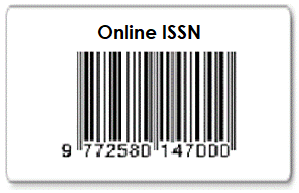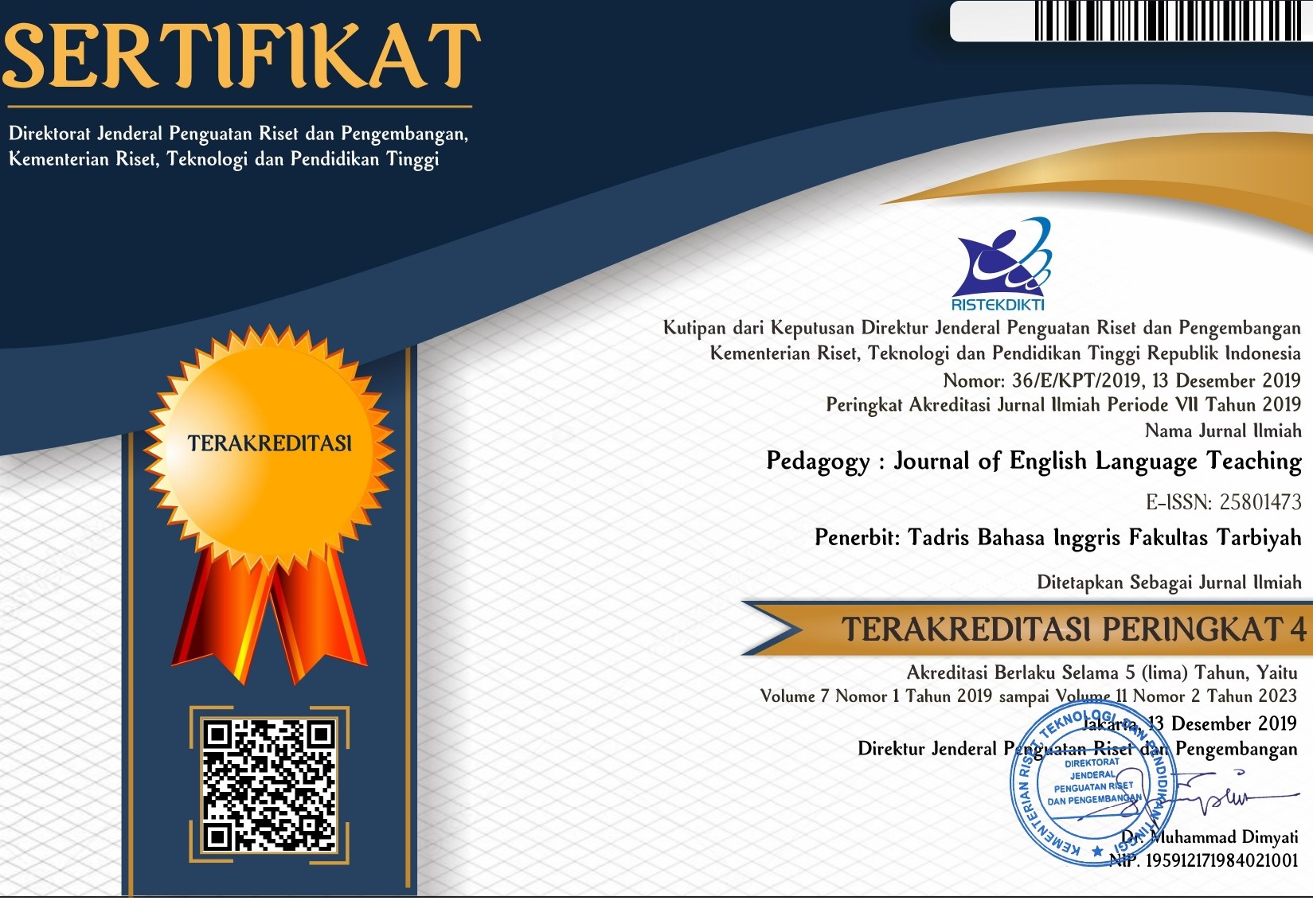EFL Teacher’s Strategies and Challenges in Developing Digital Competency: A Narrative Inquiry
DOI:
https://doi.org/10.32332/joelt.v11i1.6570Keywords:
digital, developing digital, digital competency framework, EFL teachers, narrative inquiryAbstract
The student changing of teaching and learning systems from face-to-face classes to online platforms because of the Covid-19 pandemic urged EFL teachers to develop digital competency. This study aims to investigate the ways teachers develop strategies and cope with challenges, as well as to identify the level of teachers’ digital competency (TDC). The narrative inquiry method was applied by conducting a semi-structured interview with three EFL teachers of secondary levels. The questions were developed based on the UNESCO ICT Framework for Teachers (ICT-CFT) which include the components regarding curriculum and assessment, teaching and learning process, collaborative learning, and professional development. The interview results were then transcribed into written texts verbatim and excerpts were selected for inclusion in the narrative stories, specifically dealing with strategies and challenges. To identify the TDC, thematic analysis was done by coding and categorizing components that were also taken from the indicators of the UNESCO ICT-CFT which include the competencies of technological ability, communicative ability, pedagogical ability, management ability, and research ability. The findings revealed that the three EFL teachers had various but similar strategies by learning themselves through various digital platforms, joining webinars and training, as well as asking and sharing with colleagues. Challenges were found mostly from the students’ inability and reluctance of using digital tools. The TDC covered most competencies but only reached the exploration and integration level, not the innovation level yet. Recommendations for future actions and studies are mentioned in this study.
















